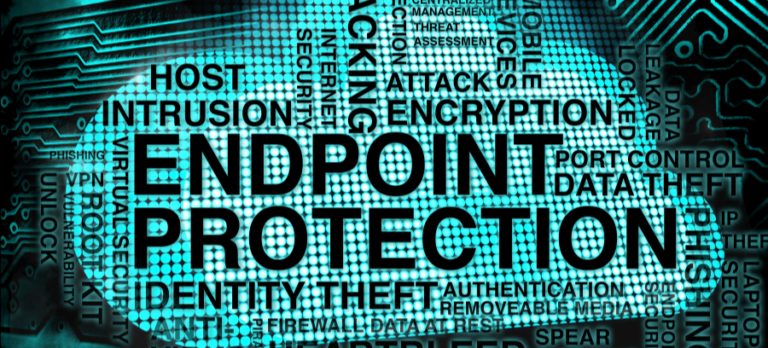In today’s digital world, where everything from shopping to banking has moved online, security is a big concern. Cyber-attacks are becoming more frequent and more sophisticated. This has created a growing demand for Cyber Security Experts who are trained to protect businesses and individuals from digital threats. If you’re looking to build a career in this exciting field, this guide will provide everything you need to know about becoming a Cyber Security Expert.
At Certified Nerds, we understand the importance of cyber security and offer a wide range of services to help businesses protect their data. From managing IT infrastructure to providing advanced cyber security solutions, Certified Nerds is your go-to source for all things tech-related.
What is a Cyber Security Expert?
A Cyber Security Expert is a professional responsible for securing computer systems, networks, and data from cyber threats. They identify vulnerabilities, prevent unauthorized access, and defend against malware, ransomware, phishing attacks, and other forms of hacking. In simple terms, a Cyber Security Expert ensures that the digital world remains safe.
Cyber security experts work in various sectors like finance, healthcare, government, and tech companies. With the increasing reliance on technology, the demand for cyber security professionals has skyrocketed, making it a lucrative and stable career choice.
Why is Cyber Security Important?
In our technology-driven world, cyber-attacks can have devastating consequences. Whether it’s a small business or a large corporation, every organization is vulnerable to digital threats. Cyber-attacks can lead to financial losses, data breaches, and reputational damage.
A Cyber Security Expert helps prevent risks by implementing strong security measures, identifying threats, and responding to breaches. Knowing How to Choose the Right Cybersecurity Solutions ensures your business stays protected and ahead of hackers.
The Role of a Cyber Security Expert

A Cyber Security Expert wears many hats and performs several critical tasks. Here are some of the key responsibilities:
1. Threat Analysis and Risk Management
A core duty of a Cyber Security Expert is to analyze potential threats and assess the risks they pose to the organization. This includes keeping up with the latest trends in cyber-attacks, identifying vulnerabilities, and implementing measures to reduce the likelihood of an attack.
At Certified Nerds, our team of cyber security professionals performs detailed risk assessments to help businesses identify vulnerabilities and the steps needed for protection. What’s Your Cyber Risk? Find out with Certified Nerds!
2. Security Audits and Compliance
Cyber security experts also conduct regular audits to ensure that security protocols are up to date and in compliance with industry standards. Compliance is particularly important for businesses that handle sensitive information, such as financial data or healthcare records.
Regular security audits provided by Certified Nerds ensure that your business meets all regulatory requirements and is fully equipped to handle any cyber threat.
3. Incident Response
No matter how strong your security is, incidents can happen. A Cyber Security Expert is responsible for responding to security breaches when they occur. This includes investigating the source of the breach, minimizing damage, and implementing strategies to prevent future attacks.
At Certified Nerds, we offer quick and efficient incident response services, ensuring that any security breach is managed swiftly and effectively.
4. Network Security
One of the primary roles of a Cyber Security Expert is to ensure the security of the organization’s networks. This involves setting up firewalls, encryption, and other protective measures to keep unauthorized users from accessing the network.
Certified Nerds’ network security solutions help businesses establish secure environments where they can safely carry out their daily operations without worrying about cyber threats.
Steps to Become a Cyber Security Expert
Becoming a Cyber Security Expert requires a mix of education, hands-on experience, and certifications. Here’s a step-by-step guide to getting started in this rewarding career.
1. Get a Relevant Education
While some people enter the cyber security field without formal education, having a degree can give you a solid foundation. Degrees in computer science, information technology, or cyber security are highly beneficial. These programs teach you the basics of network security, cryptography, programming, and more.
Several universities and colleges also offer specialized cyber security degrees. These programs focus specifically on preparing students for careers as Cyber Security Experts.
2. Gain Practical Experience
Hands-on experience is crucial for becoming a Cyber Security Expert. You can start by doing internships or working in entry-level IT positions to gain experience in network security, system administration, and related fields. Many employers look for candidates with practical experience in addition to their formal education.
At Certified Nerds, we provide various opportunities for aspiring cyber security professionals to work on real-world projects, gaining valuable experience in the process.
3. Earn Certifications
Certifications are a great way to demonstrate your expertise and commitment to the field. Several organizations offer cyber security certifications that are recognized globally. Some of the most popular ones include:
- Certified Information Systems Security Professional (CISSP)
- Certified Ethical Hacker (CEH)
- CompTIA Security+
- Certified Information Security Manager (CISM)
Earning one or more of these certifications will make you a more attractive candidate to potential employers.
4. Stay Updated on Cyber Security Trends
The field of cyber security is always changing, and new threats emerge regularly. To remain effective, a Cyber Security Expert must stay up to date on the latest trends, technologies, and attack methods. Following industry news, attending conferences, and taking advanced courses can help you stay ahead of the curve.
Certified Nerds offers advanced training and resources to help cyber security professionals stay updated on the latest developments in the field.
Skills You Need to Become a Cyber Security Expert

To become a successful Cyber Security Expert, you need a combination of technical skills and soft skills. Here are some of the most important ones:
1. Technical Expertise
You need to understand computer networks, operating systems, encryption, firewalls, and more. Having strong technical skills is essential because you’ll need to implement complex security measures, identify weaknesses in systems, and analyze data to prevent breaches.
2. Problem-Solving Abilities
Cyber security professionals face unique challenges every day. Whether it’s figuring out how hackers gained access to a system or determining the best way to protect data, strong problem-solving skills are essential.
3. Attention to Detail
Cyber-attacks can be subtle, and small mistakes in security protocols can lead to significant vulnerabilities. A Cyber Security Expert must be detail-oriented to catch even the smallest flaws in the system.
4. Communication Skills
While technical expertise is crucial, you also need to be able to communicate complex security concepts to non-technical team members or clients. A Cyber Security Expert often works with different departments and may need to explain security risks in simple terms.
5. Analytical Thinking
Cyber-attacks are often sophisticated, and analyzing the source of an attack requires analytical thinking. A Cyber Security Expert must be able to evaluate data, look for patterns, and quickly determine the best course of action.
At Certified Nerds, we offer tools and resources that can help you develop these essential skills, whether you’re just starting out or looking to advance your career.
Career Opportunities for Cyber Security Experts
With the increasing demand for cyber security professionals, there are many career opportunities available for Cyber Security Experts. Some of the positions you can pursue include:
- Security Analyst
- Network Security Engineer
- Ethical Hacker
- Information Security Manager
- Cyber Security Consultant
These roles are in high demand across various industries, including finance, healthcare, government, and tech. As cyber threats continue to grow, the need for skilled professionals is only expected to increase.
Conclusion
A career as a Cyber Security Expert is both challenging and rewarding. With the right education, experience, and certifications, you can help businesses protect their valuable data and secure their networks against cyber-attacks.
At Certified Nerds, we offer a range of services that cater to businesses looking to enhance their cyber security efforts. Whether you’re a company in need of security solutions or an aspiring cyber security professional looking to build your skills, Certified Nerds is here to help you succeed.
If you’re ready to start your journey to becoming a Cyber Security Expert, take advantage of the resources and services offered by Certified Nerds. Protecting the digital world starts with skilled professionals like you!
FAQ’S
Is the Certified in Cybersecurity certification worth IT?
Yes, the Certified in Cybersecurity certification is worth it as it validates foundational skills and enhances career opportunities in the fast-growing cyber security industry.
What certification is best for cyber security?
The Certified Information Systems Security Professional (CISSP) is widely regarded as one of the best certifications for advancing a career as a cyber security expert.
How do I become a certified cyber security expert?
To become a certified cyber security expert, pursue relevant education, gain hands-on experience, and obtain certifications like CISSP, CEH, or CompTIA Security+ to boost your expertise and job prospects.
What are the top 3 skills for cyber security experts?
The top 3 skills for cyber security experts are technical expertise in network security, problem-solving abilities to tackle security issues, and analytical thinking for identifying and addressing cyber threats.





